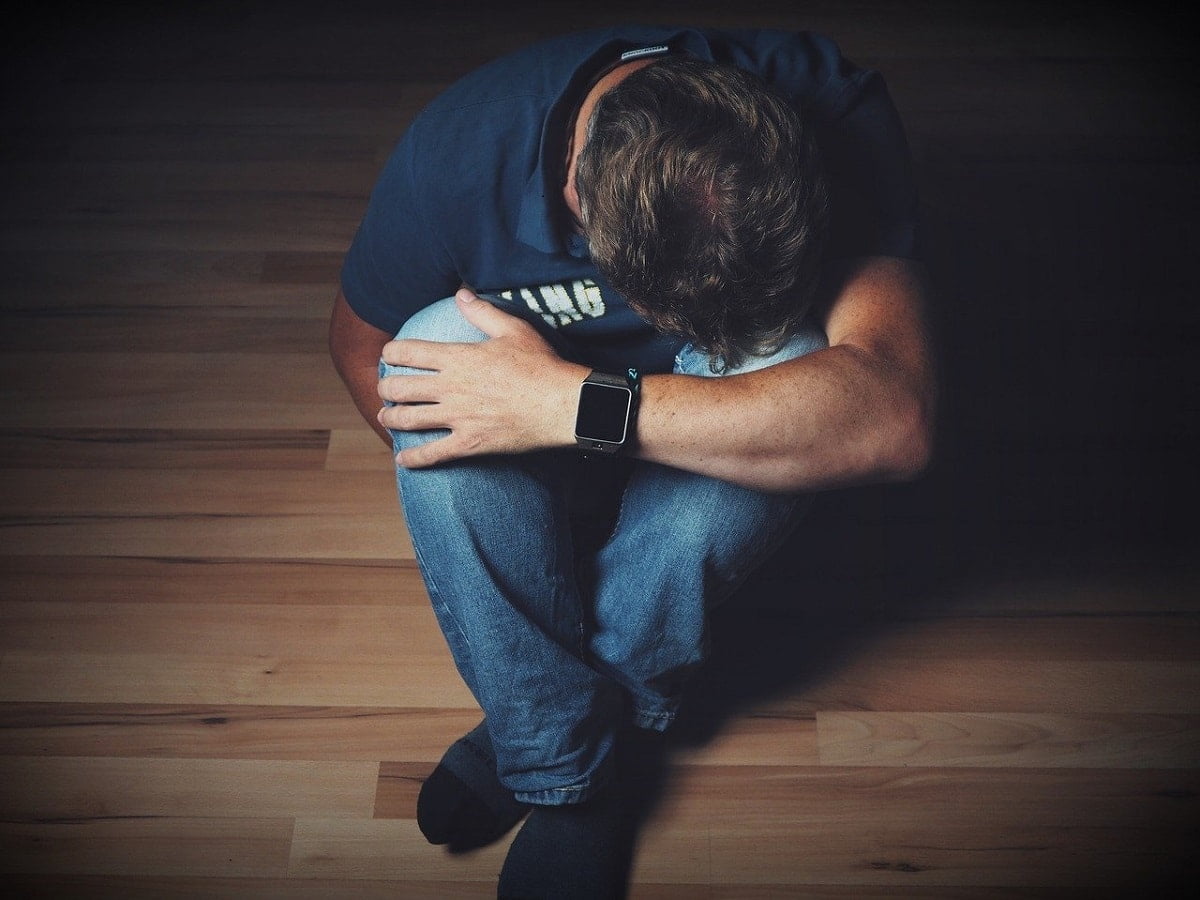Locus Of Control In Health – Unlike past, we have started believing that health is not something that happens to us but something that we consciously do to ourselves
Do you remember the time when you scored well on a test and you ran to your friends and family to tell them how hard you prepared for it? On the contrary, do you remember the time when you failed a test and suddenly the cause was a poorly designed paper? The emotion associated with the test decided whether you did something or something happened to you. Psychologists call this condition the locus of control. Like many other decisions in your life, it also decides how you view a certain illness.
In layman’s terms, locus of control is a psychological construct and refers to how much control we might have over behaviour or event. It can be internal where we might feel more in control of the situation, we might think of ourselves as the doer and take responsibility for how things might go and contrary to this is external where we might think that our behaviour or certain event is not in our control and is heavily influenced by external forces.
Shifting the locus of control in health
Health locus of control reflects on who is responsible for the management of one’s health. Sometimes we could solely depend on external factors that decide the course of our health, for instance, doctors, treatments, and medicines. For some conditions, we might think that the ball is in our court, for instance, maintaining a healthy diet to prevent the development of cardiovascular conditions. Health is a basic human need. Unlike past healthcare systems that focused mainly on treatment, we have successfully started taking responsibility for our health and terms like prevention have become so relevant. Unlike past, we have started believing that health is not something that happens to us but something that we consciously do to ourselves. If we look carefully, it is the same old principle. Slowly and gradually, our locus of control is shifting from external to internal.
Which is better?
It has been observed that a person having a greater external locus of control is more vulnerable to physical illness. These individuals are more likely to take less or no responsibility for their illness and would heavily depend on external help like healthcare providers and treatments. For them, both the cause of the illness and the course of treatment will depend on external factors. Disbelief that they are in control of their health will lead to helplessness and an unfavourable fight with the diseases. On the contrary, those who have an internal locus of control will have more control over their health. They are more likely to actively participate during the treatment. Such patients will be more willing to go for lifestyle transformation, dietary changes, and making space for physical activity.
Multiple Health Locus Of Control
Studies have shown that there is no white and black when it comes to the locus of control. Most people lie somewhere in between. In terms of health, this belief might change with situations. For instance, a person can have a high internal locus of control for a weight that could be managed by an individual without any external help whereas the same person can have an external locus of control for a condition like arthritis which then might become a doctor’s responsibility. Home








